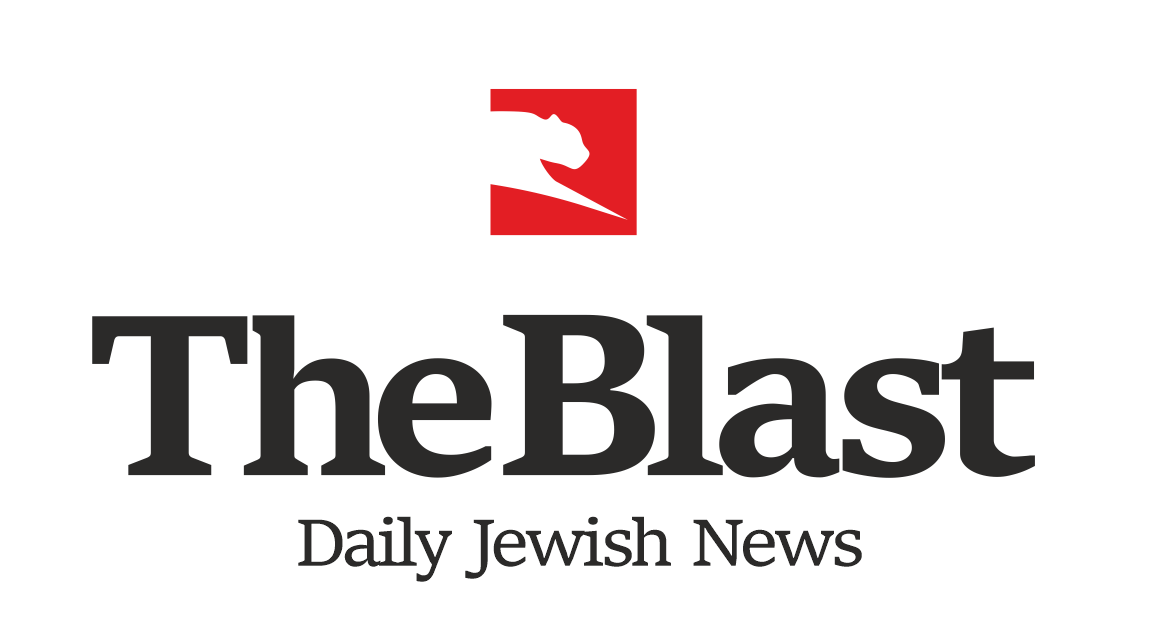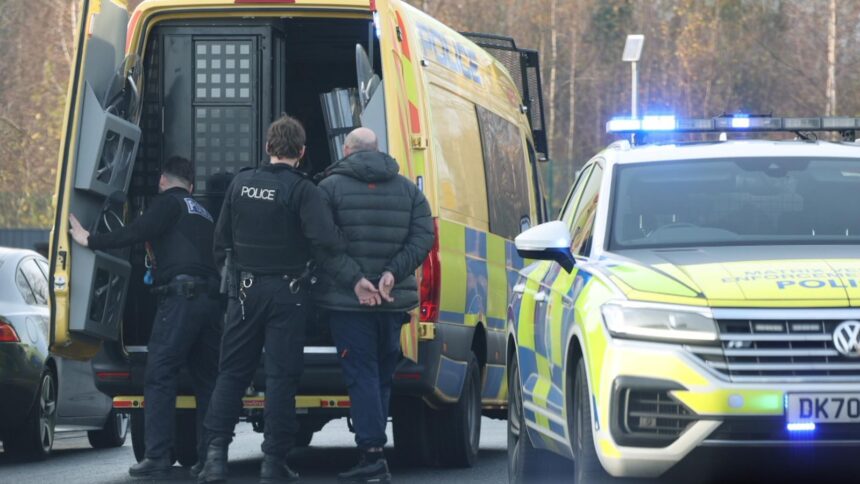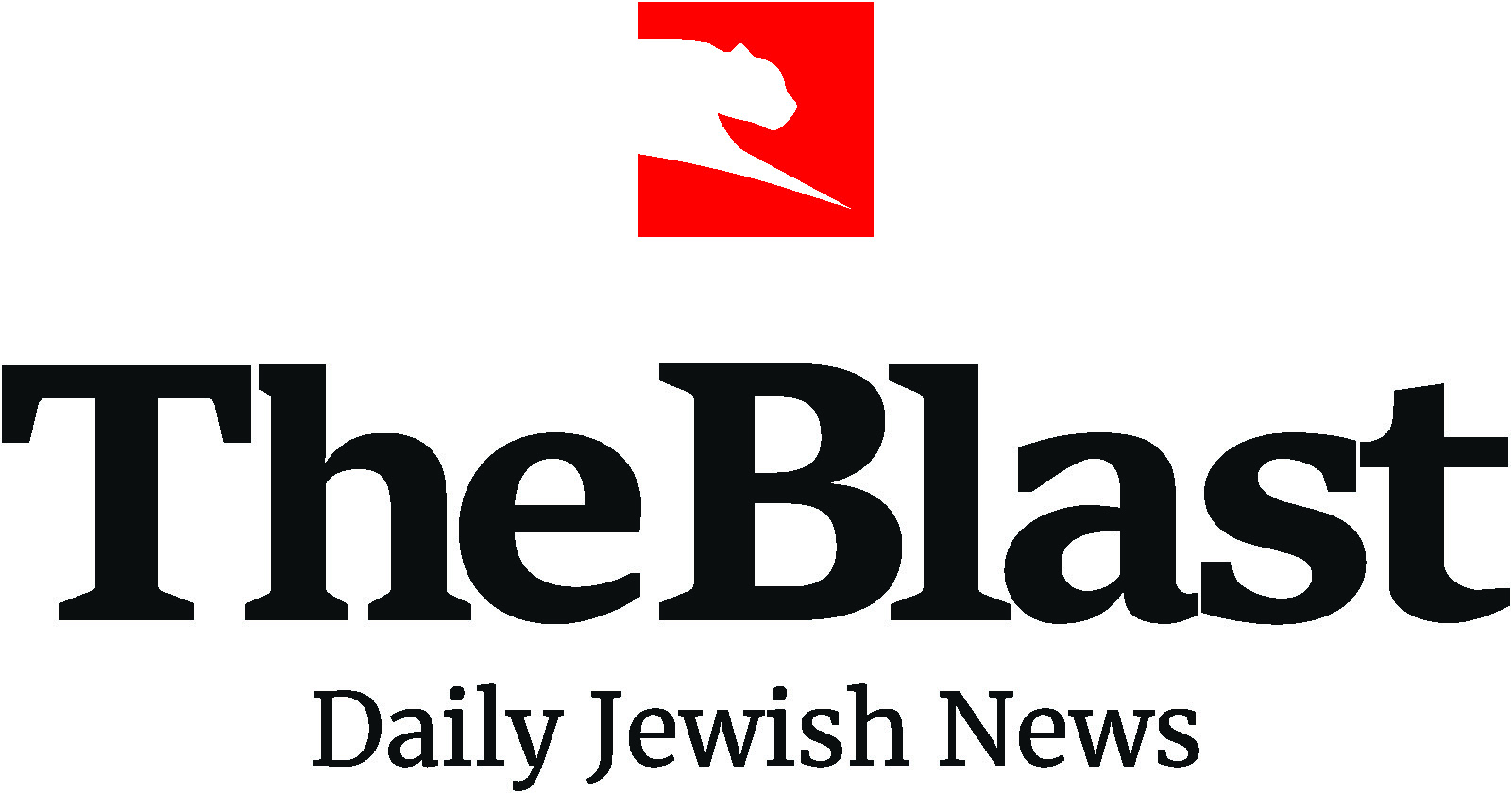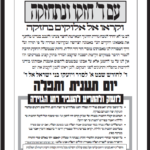| British News |
| Council tax to rise to pay for 3.5% police force funding increase |
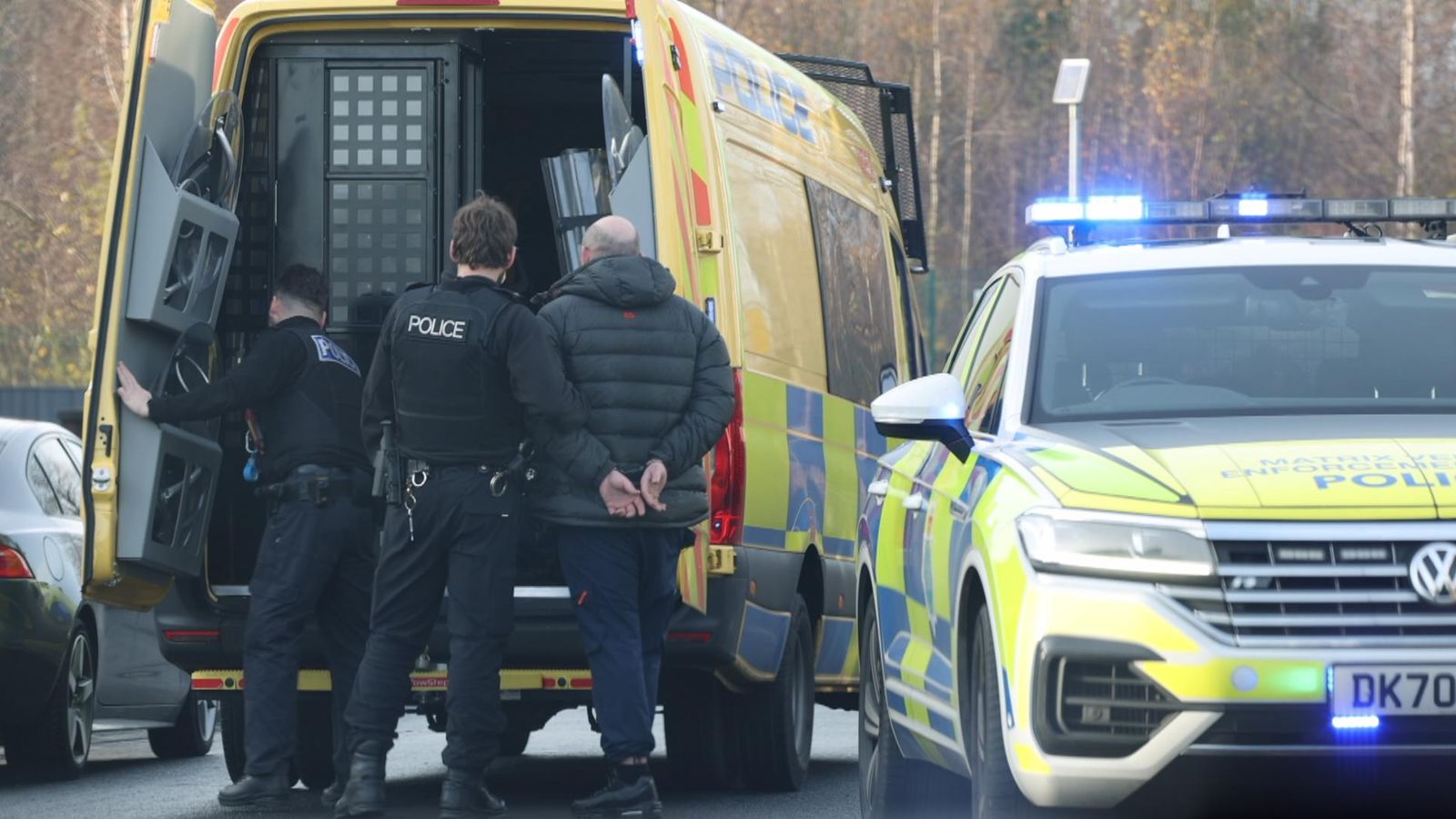 |
|
Council tax bills are set to rise to pay for a 3.5% real terms increase in funding for police forces next year, the government has announced. Council taxpayers in England and Wales will be asked to collectively pay an extra £329.8m to help pay for the funding increase, policing minister Dame Diana Johnson told MPs in a written statement. Police and crime commissioners will be expected to make full use of their ability to raise the council tax precept to deliver the full increase in police budgets. This will add £14 a year to the tax bill for the average Band D house, Dame Diana said. |
|
|
|
Advert |
 |
|
|
| Sainsbury’s Stamford Hill to close popular superstore |
|
The Sainsbury’s branch in Stamford Hill, London, will close permanently in a few weeks. Sainsbury’s has a network of 1,400 stores and stands as one of the nation’s favourite retailers. However, the decision to close the Stamford Hill store comes as the landlord plans to redevelop the site after the lease expires. A spokesperson for Sainsbury’s said: “Earlier this year, we shared the difficult news with colleagues at our Stamford Hill supermarket that the landlord intends to redevelop the site.” It comes just 14 years after the 16,000 sq ft store opened in place of a Somerfield branch. The debut of the Sainsbury’s site was reported to have attracted 68 new recruits at the time of opening, many of whom were local to Stamford Hill. However, the decision to close the Stamford Hill store comes as the landlord plans to redevelop the site after the lease expires. |
|
|
| World News |
| Senior Russian General Killed In Bombing Assassination In Moscow |
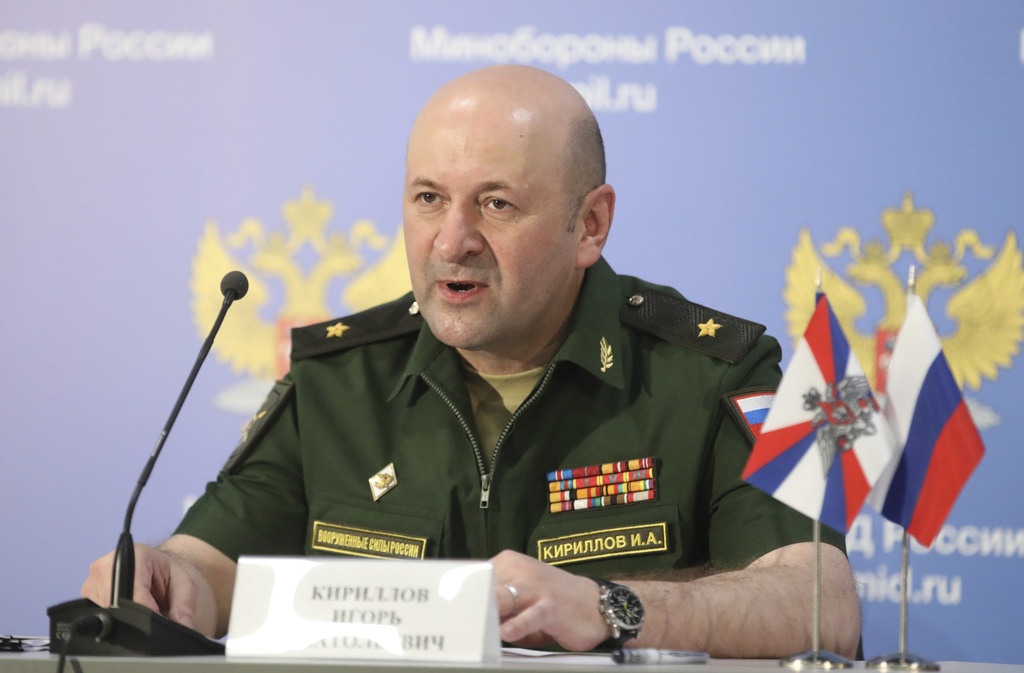 |
| Captions |
|
A senior Russian general was killed Tuesday by a bomb hidden in a scooter outside his apartment building in Moscow, a day after Ukraine’s security service leveled criminal charges against him. A Ukrainian official said the service carried out the attack. Lt. Gen. Igor Kirillov, the chief of the military’s nuclear, biological and chemical protection forces, was killed as he left for his office. Kirillov’s assistant also died in the attack. Kirillov, 54, was under sanctions from several countries, including the U.K. and Canada, for his actions in Moscow’s war in Ukraine. On Monday, Ukraine’s Security Service, or SBU, opened a criminal investigation against him, accusing him of directing the use of banned chemical weapons. An official with the SBU said the agency was behind the attack. The official, who spoke on condition of anonymity because they were not authorized to release the information, described Kirillov as a “war criminal and an entirely legitimate target.” The SBU has said it recorded more than 4,800 occasions when Russia used chemical weapons on the battlefield since its full-scale invasion in February 2022. In May, the U.S. State Department said that it had recorded the use of chloropicrin, a poison gas first deployed in World War I, against Ukrainian troops. Russia has denied using any chemical weapons in Ukraine and, in turn, has accused Kyiv of using toxic agents in combat. Kirillov, who took his current job in 2017, was one of the most high-profile figures to level those accusations. He held numerous briefings to accuse the Ukrainian military of using toxic agents and planning to launch attacks with radioactive substances — claims that Ukraine and its Western allies rejected as propaganda. The bomb used in Tuesday’s attack was triggered remotely, according to Russian news reports. Images from the scene showed shattered windows and scorched brickwork. The SBU official provided footage that they said was of the bombing. It shows two men leaving a building shortly before a blast fills the frame. Russia’s top state investigative agency said it’s investigating Kirillov’s death as a case of terrorism, and officials in Moscow vowed to punish Ukraine. Dmitry Medvedev, deputy head of Russia’s Security Council chaired by President Vladimir Putin, described the attack as an attempt by Kyiv to distract public attention away from its military failures and vowed that its “senior military-political leadership will face inevitable retribution.” |
|
|
| Israel News |
| Netanyahu visits peak of Mt. Hermon, on Syrian side, for briefing with top defense brass |
 |
|
Israeli Prime Minister Benjamin Netanyahu held a security briefing Tuesday atop a strategic Syrian mountain inside the UN-patrolled buffer zone on the Golan Heights that Israel seized this month, the defence minister said. Netanyahu, Defence Minister Israel Katz and the heads of the armed forces and the domestic security agency visited “outposts at the summit of Mount Hermon for the first time since they were seized by the military”, Katz’s office said. “The summit of Mount Hermon serves as Israel’s eyes for identifying both near and distant threats,” the defence minister said. Netanyahu’s office said the meeting took place on the “Hermon ridge” and said the premier “reviewed the (army’s) deployment in the area and set guidelines for the future”. The prime minister ordered Israeli troops to seize the buffer zone as longtime strongman Bashar al-Assad’s rule collapsed in Syria. UN chief Antonio Guterres said the Israeli move was a violation of 1974 armistice which set up the zone to separate Israeli and Syrian forces on the Golan Heights following the previous year’s Arab-Israeli war. Israel has framed the move as temporary and defensive, with Netanyahu saying it was in response to a “vacuum on Israel’s border and in the buffer zone”. Israeli forces have also been operating in areas beyond the buffer zone in Syrian-controlled territory, the military has confirmed. Katz told the meeting of the importance of “completing preparations… for the possibility of a prolonged presence”, the statement said. |
|
|
| Syrian rebel leader: Territory will not be used to launch attacks against Israel |
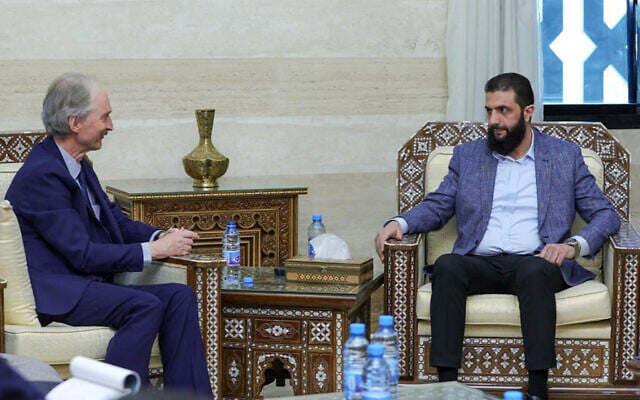 |
|
Abu Muhammad al-Julani, the leader of the Islamist group that toppled Bashar al-Assad in Syria, said Monday that Syria will not be used as a launchpad for attacks against Israel and that he is committed to the 1974 agreement that established a demilitarized zone in Syrian territory as a buffer between the two countries. “We are committed to the 1974 agreement and we are prepared to return the UN [monitors],” Julani told The Times of London, referring to peacekeeping forces that manned the demilitarized zone alongside Syrian troops. “We do not want any conflict whether with Israel or anyone else and we will not let Syria be used as a launchpad for attacks. The Syrian people need a break, and the strikes must end and Israel has to pull back to its previous positions,” he said. Julani reiterated his position that Israel — which, in the weeks since the Assad regime fell, has destroyed most of the regime’s military assets, fearing their use by hostile groups, and taken control of the buffer zone — had a right to target Iranian-backed forces prior to the government’s fall earlier this month, but has no legitimate basis to keep operating in Syria. Speaking to journalists at the prime ministerial headquarters in Damascus, Julani said rebel factions in Syria would be disbanded, and their fighters placed under the defense ministry. He played down the prospect of a Syria run by Islamic law, according to The Times, and vowed to protect minority rights. He also called for sanctions to be lifted so refugees can return. |
|
|
|
|
|
To advertise click here or [email protected]:
|
|
The email was sent to [email protected] |

